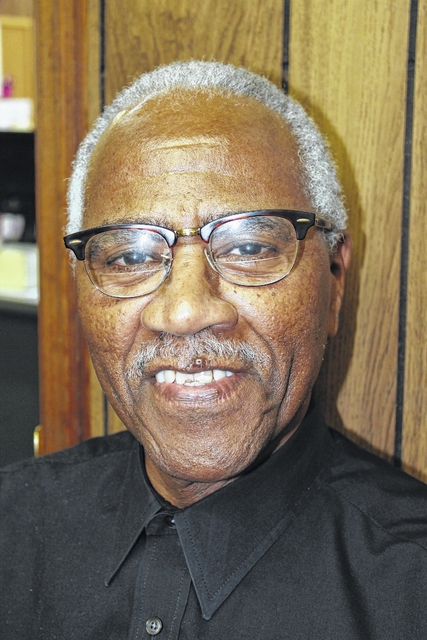
As a result of a recent Supreme Court decision, the issue of the death penalty or capital punishment has been brought back into the national spotlight.
The case was initiated by four inmates in Oklahoma who were contesting the effectiveness of the state’s lethal injection process. Following the presentation from both sides, the Court ruled against the inmates saying they had not shown that the use of the lethal cocktail constituted “cruel and unusual punishment,” in violation of the Eighth Amendment.
With so many issues surrounding the death penalty and with so many factors, including race and economic status, affecting one’s right to due process, it is very difficult to apply the death penalty in a fair and just manner. Unfortunately, these random factors are applied differently in every state to determine the “worst of the worst.”
As a matter of fact, at one point in 1972, the death penalty was ruled to be unconstitutional because it was too arbitrarily applied, being compared to the randomness of “being struck by lightning.” And just four years later in 1976, the Court reversed itself and approved state-sponsored executions. So, you see, we have been “tinkering with the machinery of death” throughout our history.
Writing in 1968, Professor C, Herman Pritchett, author of The American Constitution, predicted, “It is conceivable, however, that sentiment might some day develop to the point where capital punishment would be generally regarded as ‘cruel’.” Remember, the Eighth Amendment of the United States Constitution states, “Excessive bail shall not be required, nor excessive fines imposed, nor cruel and unusual punishment inflicted.”
So, on the death penalty issue, what is America thinking? Well, it seems public opinion for the death penalty has dropped steadily over the decades, with more and more Americans moving to the left of the death penalty question. More Americans today prefer prison without parole over the death penalty in cases of murder.
Presently, there are over 140 people on North Carolina’s death row. And the good news is there has been no execution in our state since 2006 due in large measure to questions about the lethal injection process and possible pending legal cases about racial bias. Since North Carolina proclaimed its moratorium, five men have been exonerated.
At this point, our government and prison reform activists must continue to work to ensure that innocent people are not sent to death row. “There’s nothing ‘enlightened about executing the innocent.”
In North Carolina, let’s place our emphasis on creating and enforcing new laws that better ensure a fair trial, resulting in equal justice for all.
